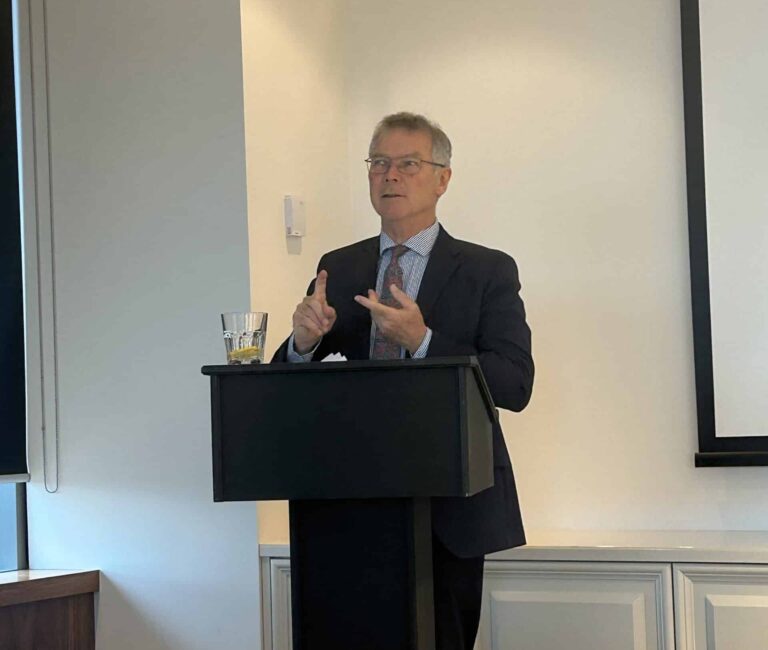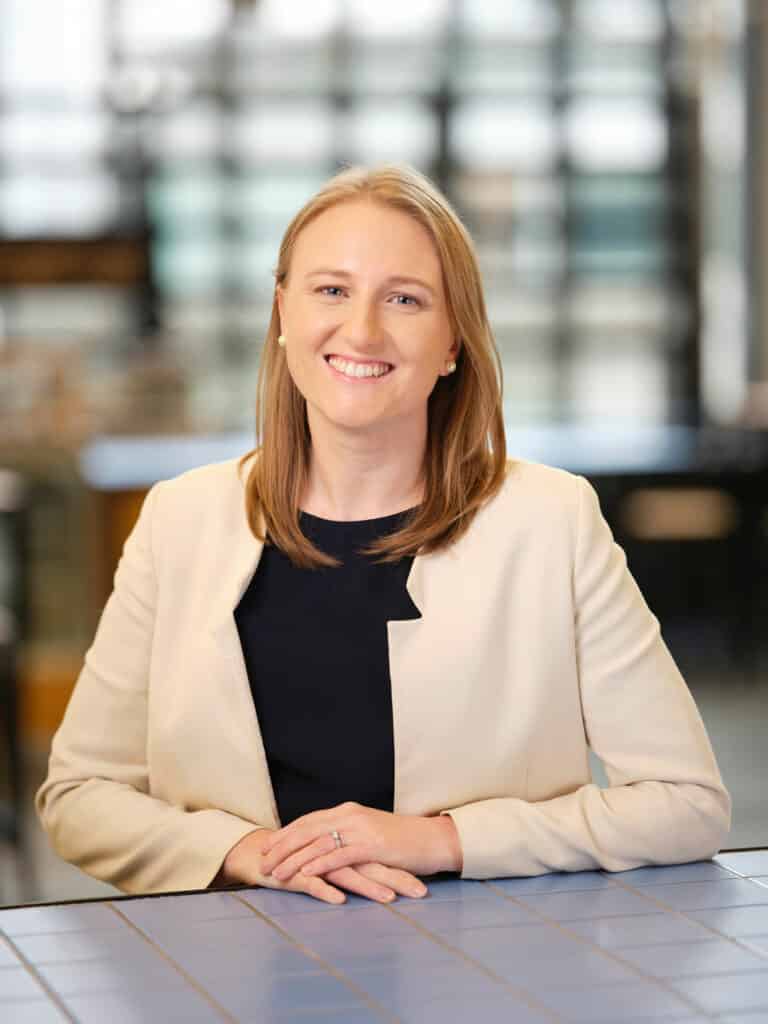Catch up on the key updates from Property Council’s advocacy team, including: Industry Leaders meeting with Minister David Parker on Resource Reform, Auckland Future Development Strategy and Operational Efficiency Assessment: Technical Methodology published by MBIE.
Industry Leaders meet with Minister David Parker on Resource Reform

On Monday this week, Property Council’s Industry Leaders and Resource Management Reform Taskforce met with Minister for the Environment David Parker to discuss Resource Reform.
Minister Parker provided members with an update on the Select Committees report on the two pieces of legislation (Natural and Built Environment Bill and the Spatial Planning Bill) to replace the current Resource Management Act. This was followed by a question-and-answer session with our members. This was an opportunity for members to have a robust conversation with the Minister on the future system.
The Minister talked about the need for greater certainty within the system to reduce delays, the need for Regional Spatial Strategies to signal well ahead of time where development can occur in each region and decreasing the number of resource consents required.
The Resource Management Act has always been a political football. The Government (and Minister) are adamant that the two pieces of legislation will be passed before the end of the Parliamentary term, as they entered the final Committee stage on Tuesday this week.
Auckland Council Future Development Strategy
On Friday 21 July, Auckland Chairperson Martin Cooper along with Property Council’s Head of Advocacy Katherine Wilson presented to Auckland Council on their draft Future Development Strategy.
Property Council has huge concerns around the methodology and survey sample size (30 responses) used to form the draft Future Development Strategy. Property Council’s own survey of 75 responses showed that 93% of respondents who had a current (or recent – within six months) Resource Consent were not contacted by Auckland Council to complete the survey.
Property Council’s written submission is due on 31 July 2023. Please contact Logan Rainey for a copy.
Operational Efficiency Assessment: Technical Methodology published by MBIE
MBIE has published the Operational Efficiency Assessment: Technical Methodology which provides a method for calculating the operational efficiency of a new building. Operational efficiency seeks to address carbon emissions in the operation of buildings, while also improving indoor environmental qualities for occupants.
This technical methodology sits alongside the Whole-of-Life Embodied Carbon Assessment: Technical Methodology. Both documents follow on from frameworks that were consulted on in 2020, and support actions in Aotearoa New Zealand’s first Emissions Reduction Plan, published in 2022.
If you are interested in learning more, please click here.
Recent submissions
Property Council submission to Tauranga City Council on Climate Action and Investment Plan.
- Submission to MBIE on the Building Levy Review – Discussion Paper
- Submission to Let’s Get Wellington Moving on the Golden Mile: Traffic Resolutions consultation
- Submission to Auckland Council on Future Transport Projects consultation
- Submission to Hamilton City Council on 2023-24 Annual Plan
- Submission to Christchurch City Council on Plan Change 14
Authors

Sandamali Ambepitiya
Sandamali arrived at Property Council with a Bachelor of Arts and Law, and experience as an advisor with the Employers & Manufacturers Association.
Conscientious and detailed, Sandamali leads our advocacy in the South Island and Wellington regions. She is also leading our work on the reform of the resource management and building systems and sustainability / seismic strengthening.
An excellent listener, Sandamali is in her element when facilitating stakeholders and members to develop our advocacy positions.

Katherine Wilson
As Property Council’s Head of Advocacy, Katherine is tasked with leading our advocacy campaigns at both a regional and national level.
Level-headed and engaging, Katherine has both a law degree from Otago University and an arts degree (majoring in politics) from Auckland University. With solid experience as a policy analyst and advisor in Wellington and Auckland, she has extensive networks and solid analytical skills.
Katherine is hugely dedicated, highly intelligent and committed to ensuring the voice of our members is heard at all levels of governance. She’s also relentlessly positive and enjoys a good chat.

